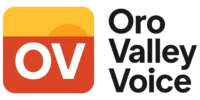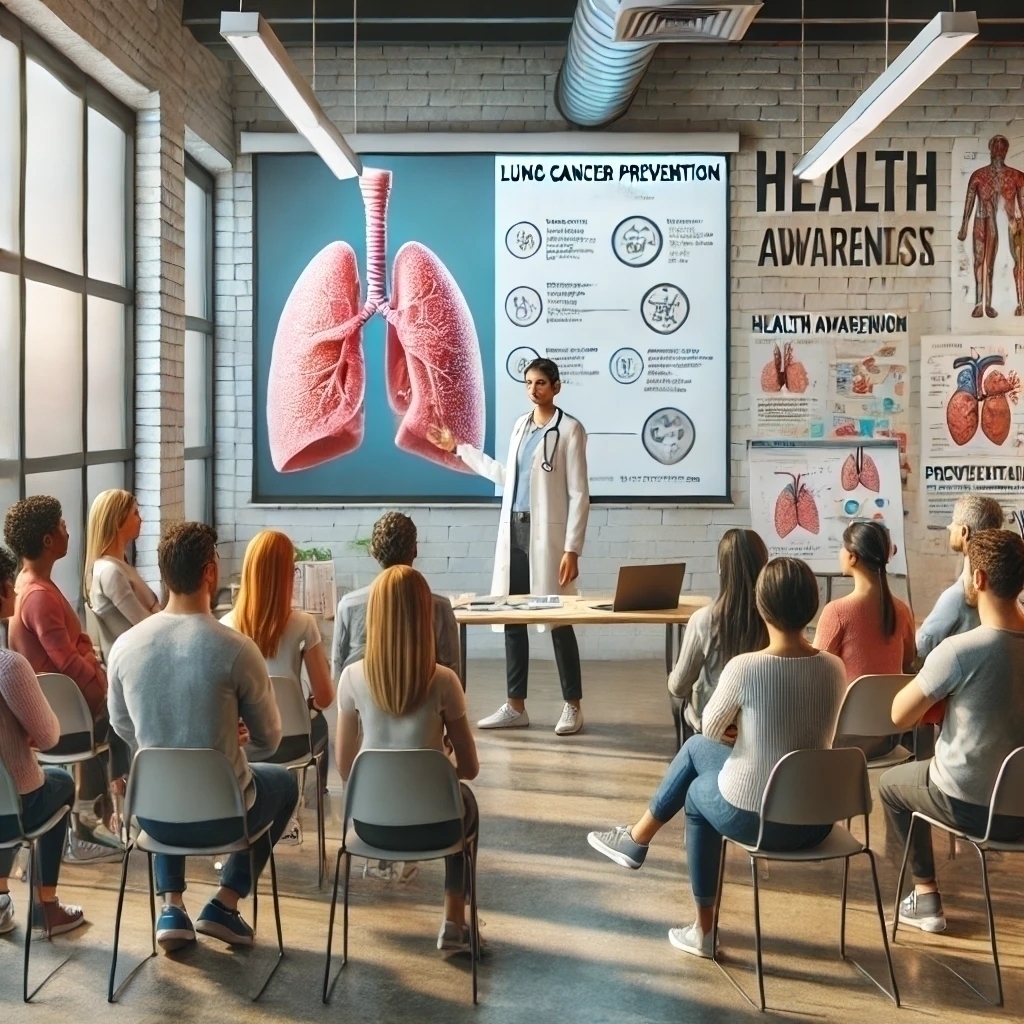Understanding our health and taking charge of it can make a big difference in preventing serious illnesses like lung cancer. Health literacy is crucial—having the right knowledge and tools to make informed health decisions can truly be lifesaving. It all starts with each of us being proactive about our health journey. This means learning about lung cancer risks and exploring ways to lower those risks.
Health literacy isn’t just about knowing medical terms; it’s about making sure everyone can understand and act on health information. By boosting our health literacy, we’re not only protecting ourselves but also our families and the wider community from the impact of lung cancer. Talking about prevention, early detection, and the importance of regular screenings can significantly cut down the number of lung cancer cases we see each year. Education is powerful, and by ensuring everyone has access to accurate information, we’re taking important steps against lung cancer.
Strong and informed communities thrive! That’s why it’s crucial for community leaders, healthcare professionals, and educators to come together to promote health literacy as a key part of preventing lung cancer. Offering educational resources, hosting health fairs, and running workshops are great ways to engage residents in important health discussions. These efforts not only raise awareness but also inspire folks to take charge of their health and make better choices for a healthier life.
Using technology and social media is another great way to spread the word about lung cancer prevention and the importance of health literacy. Information is easily available in our digital age, and by creating engaging content, we can motivate proactive health behaviors and encourage community involvement in prevention activities. It’s about building a health-conscious culture where everyone feels empowered to fight lung cancer. By elevating health literacy, we can lower lung cancer rates and create strong communities where everyone can enjoy healthy, fulfilling lives.
Sources:
orovalleyaz.gov

